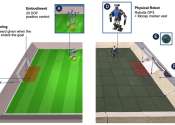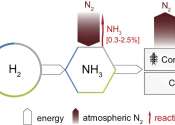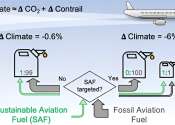Researchers develop network slicing technique for low-Earth orbit satellite communications
The joint research team of Electrical Engineering and Computer Science Professor JeongHo Kwak at the DGIST and Aerospace Engineering Professor Jihwan Choi at the KAIST have proposed a novel network slicing planning and handover ...
Jul 6, 2023
0
26









